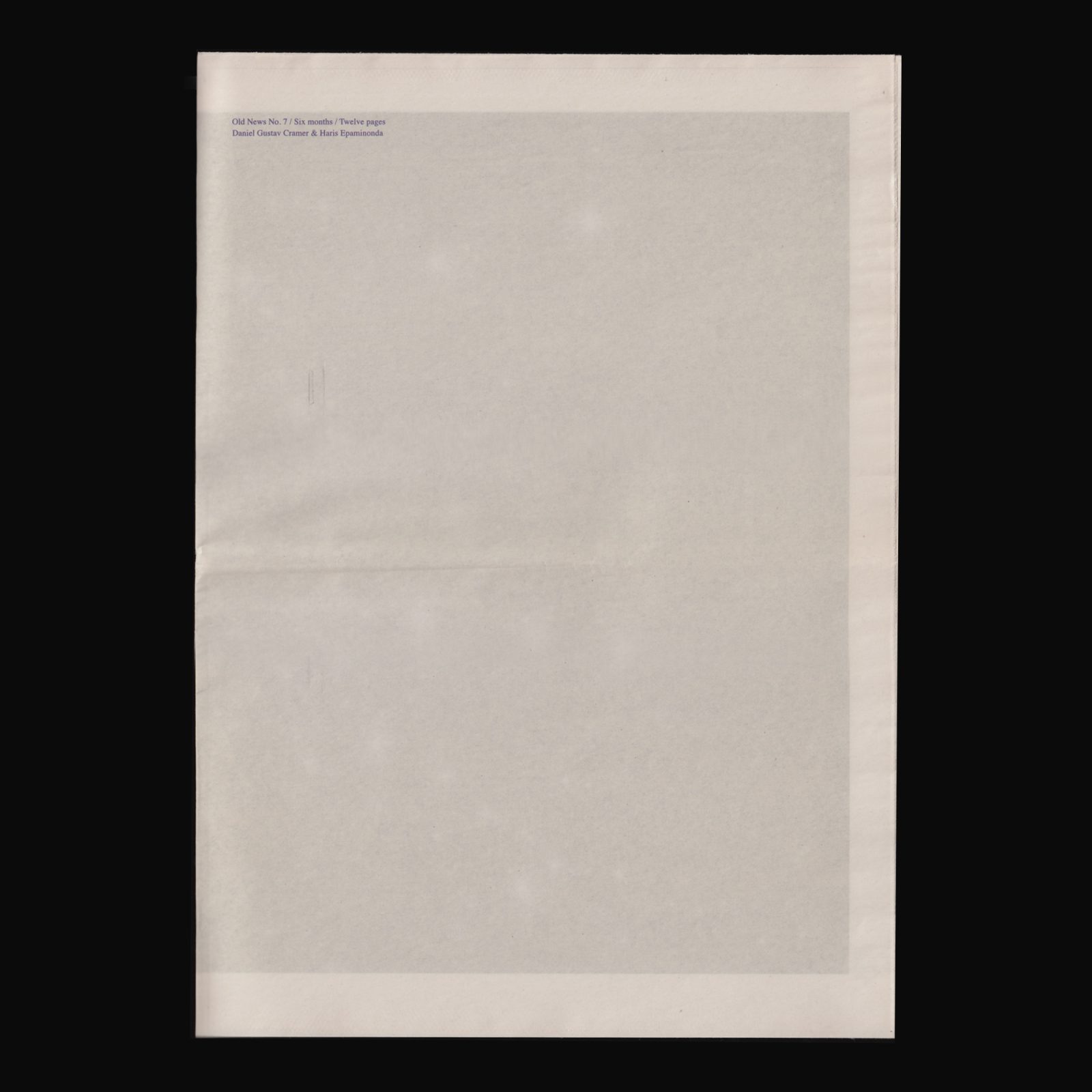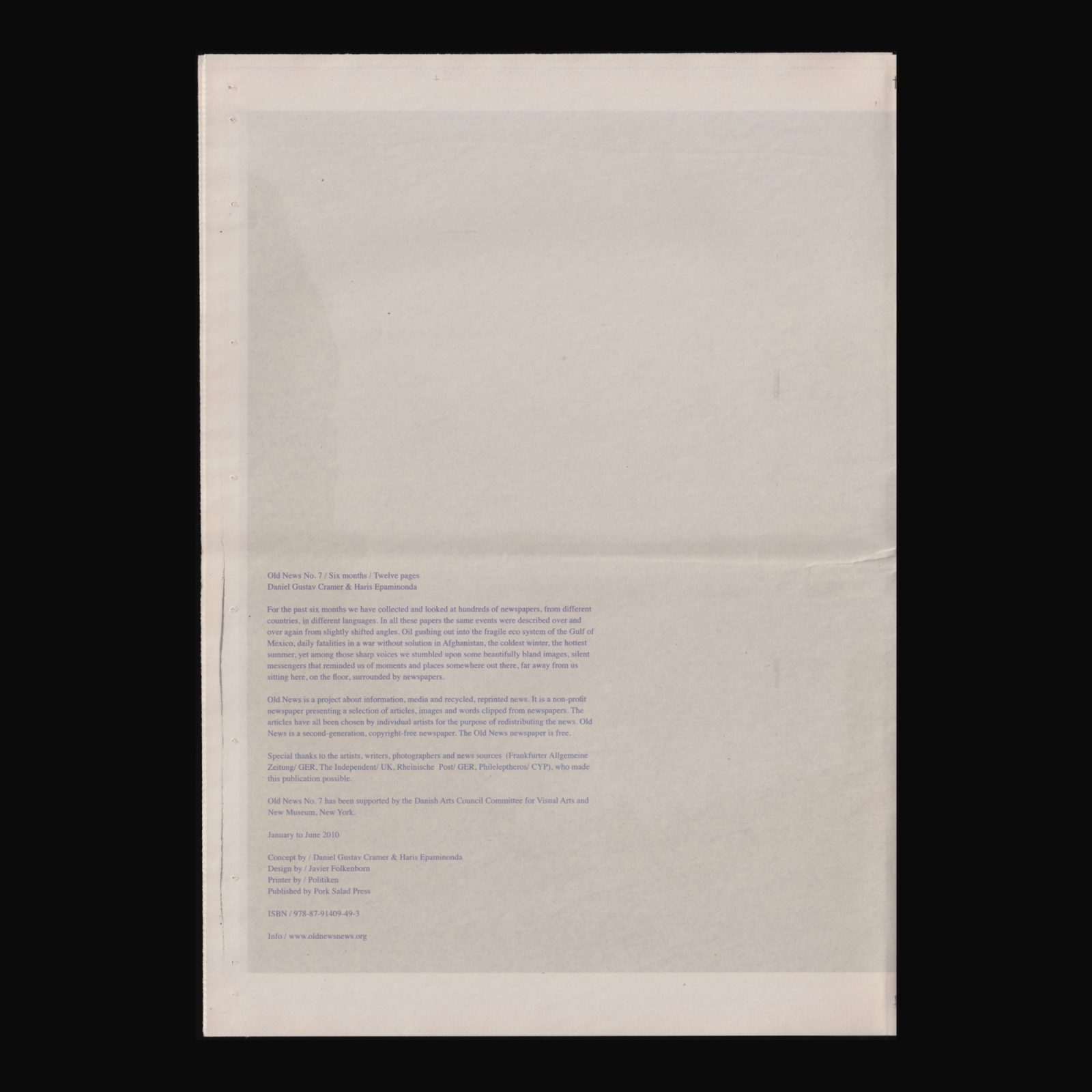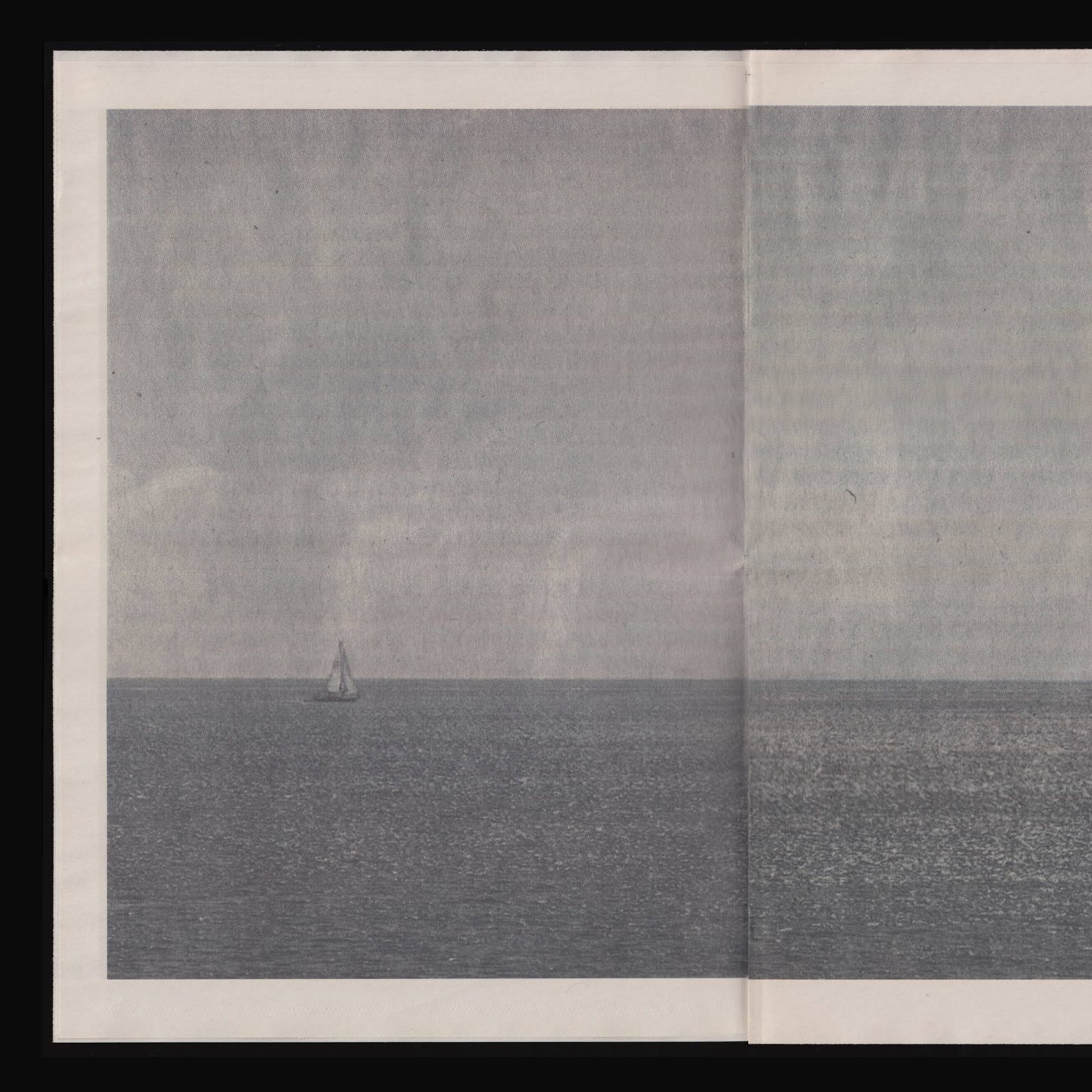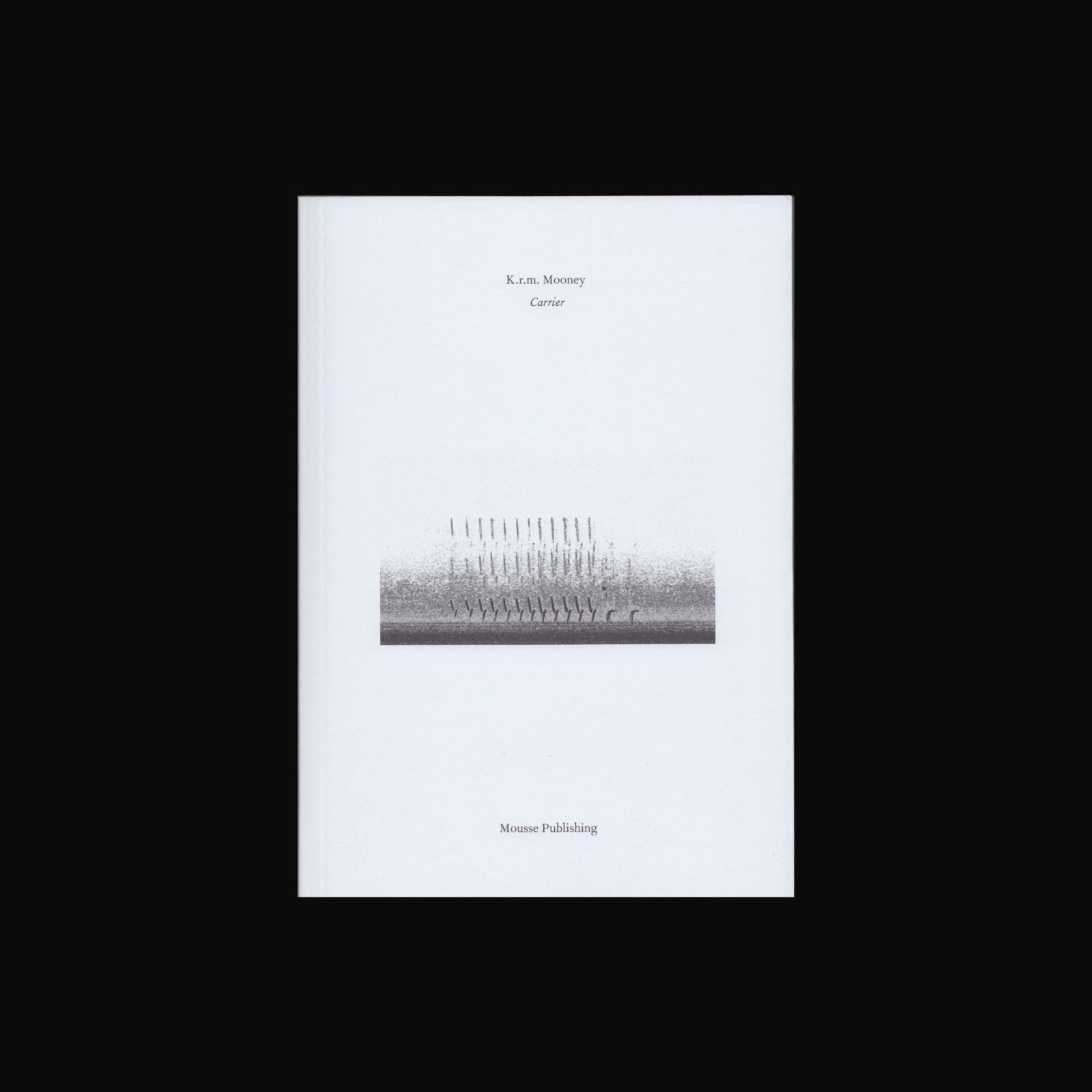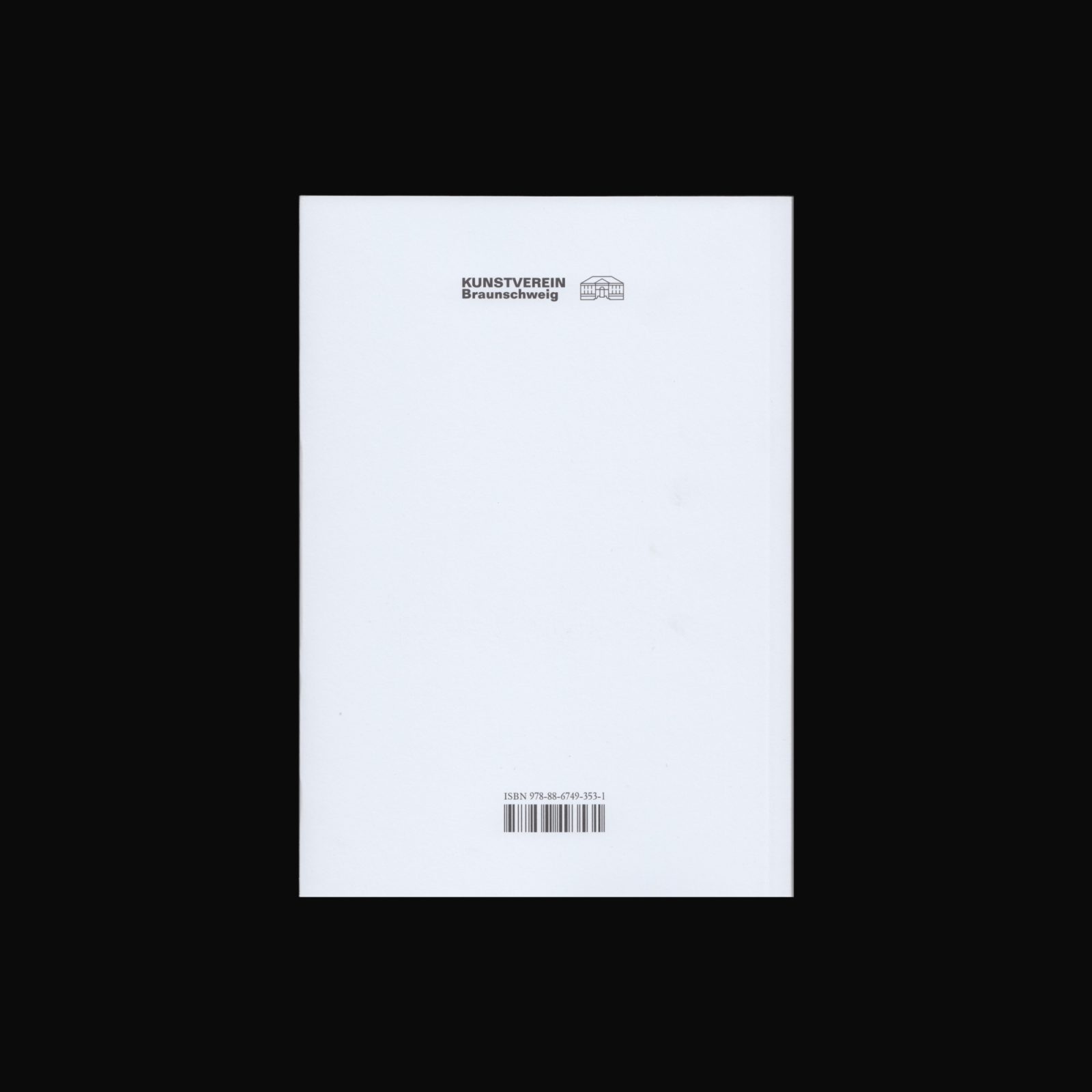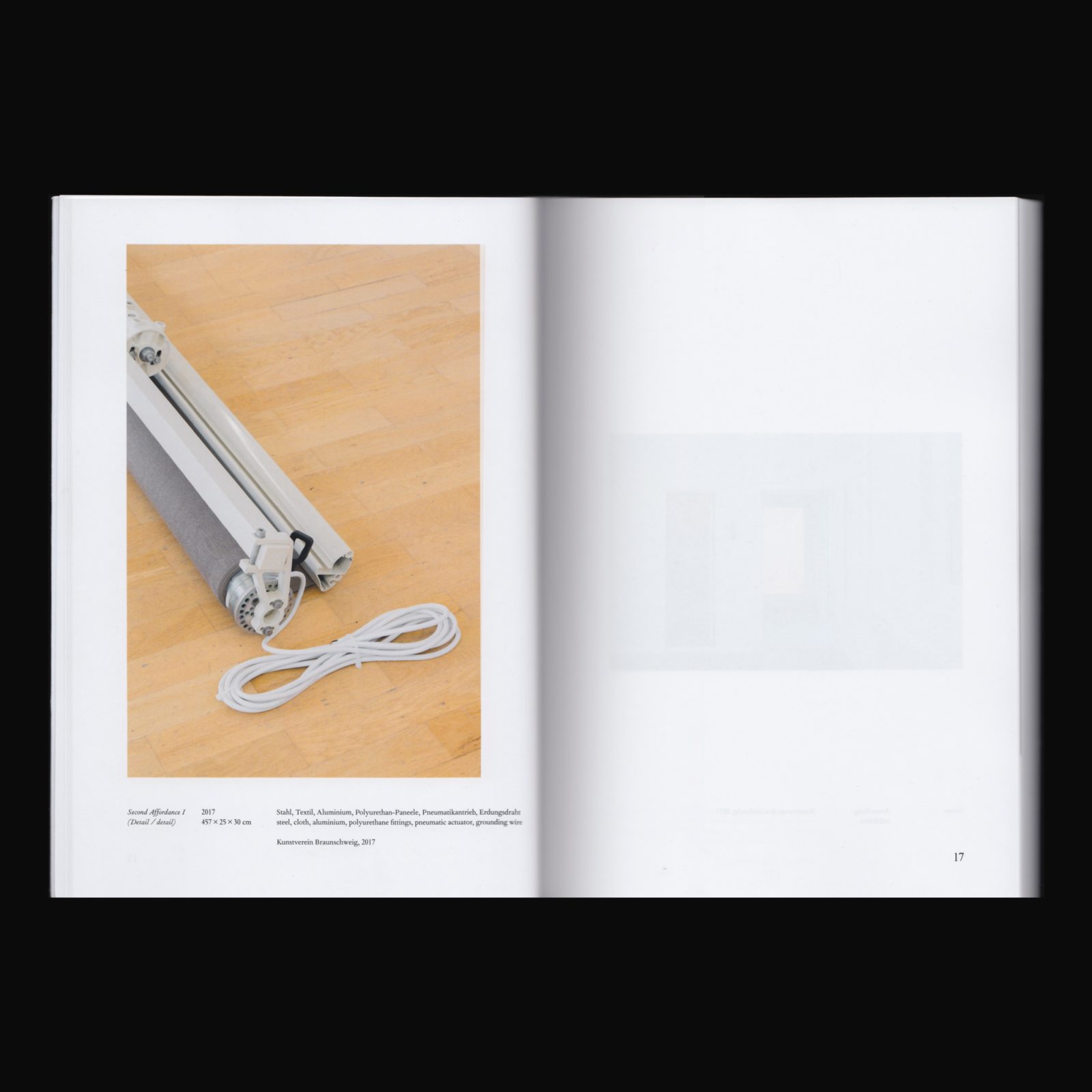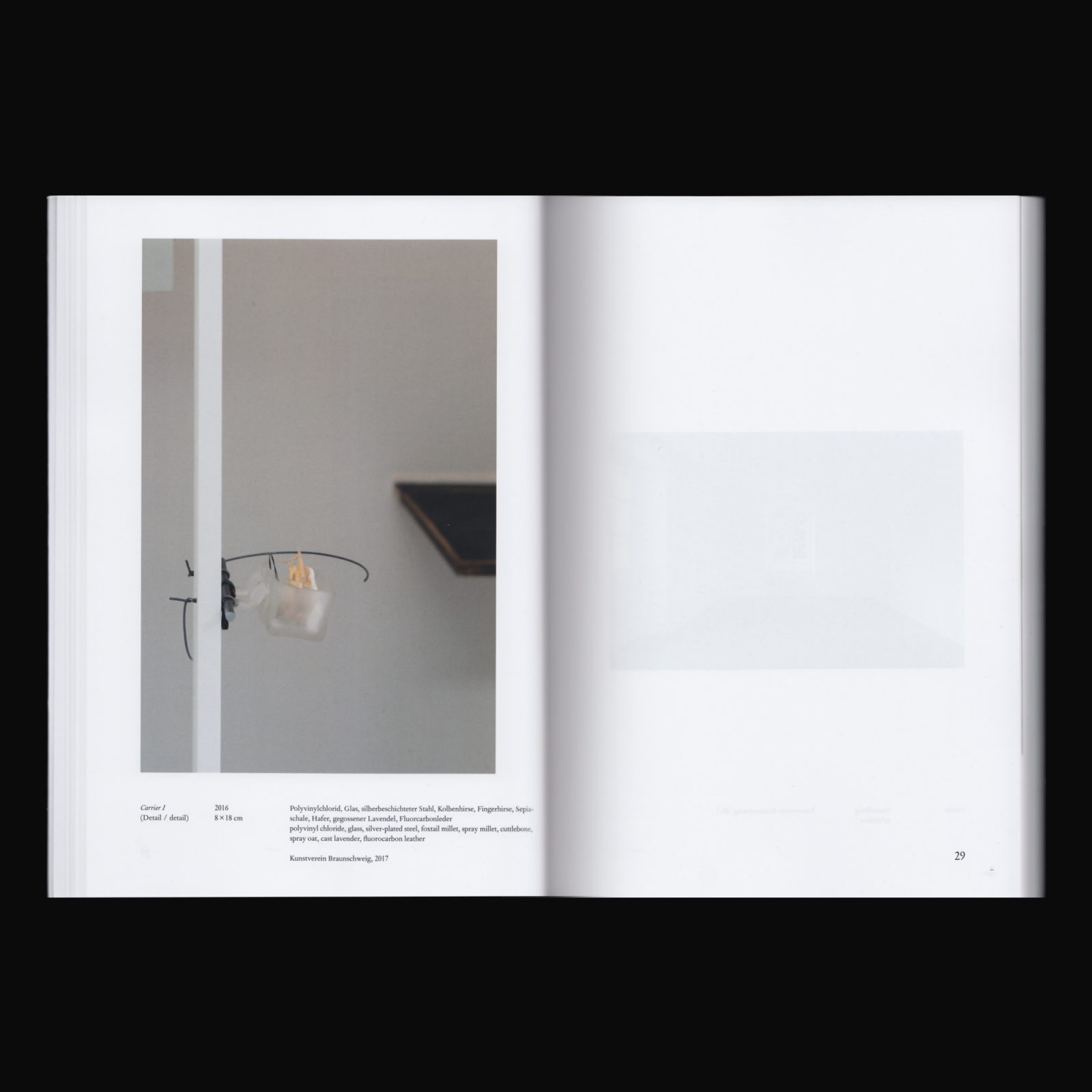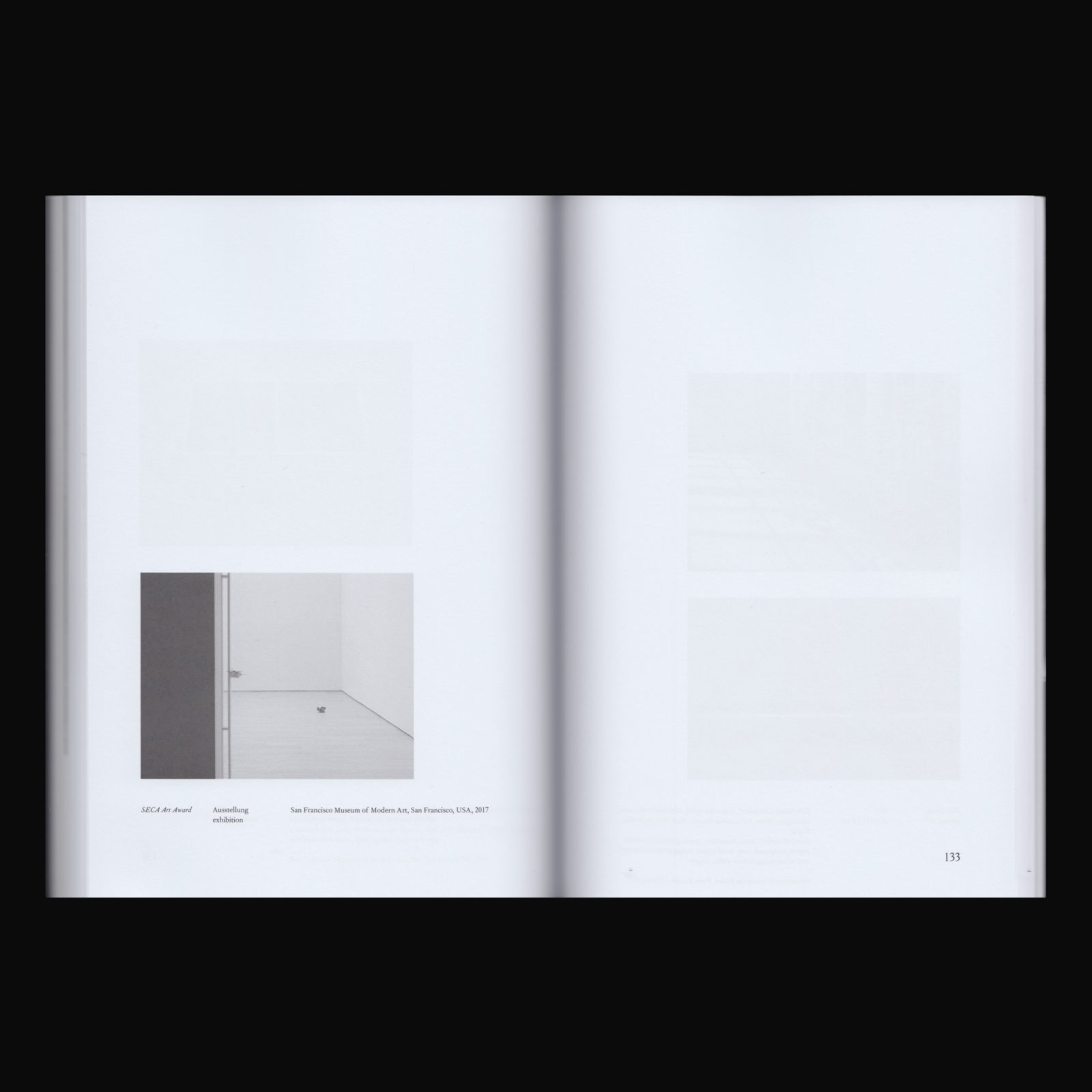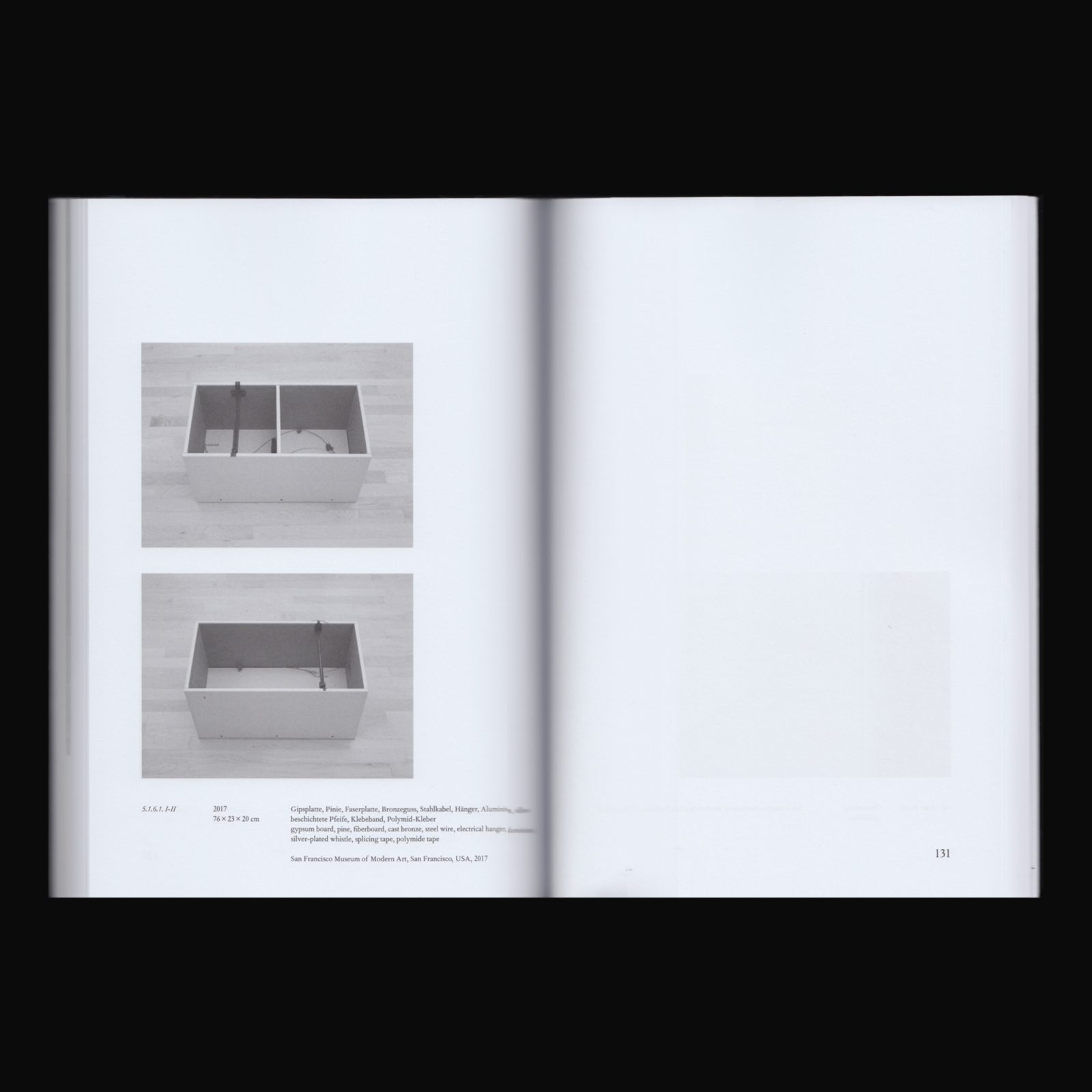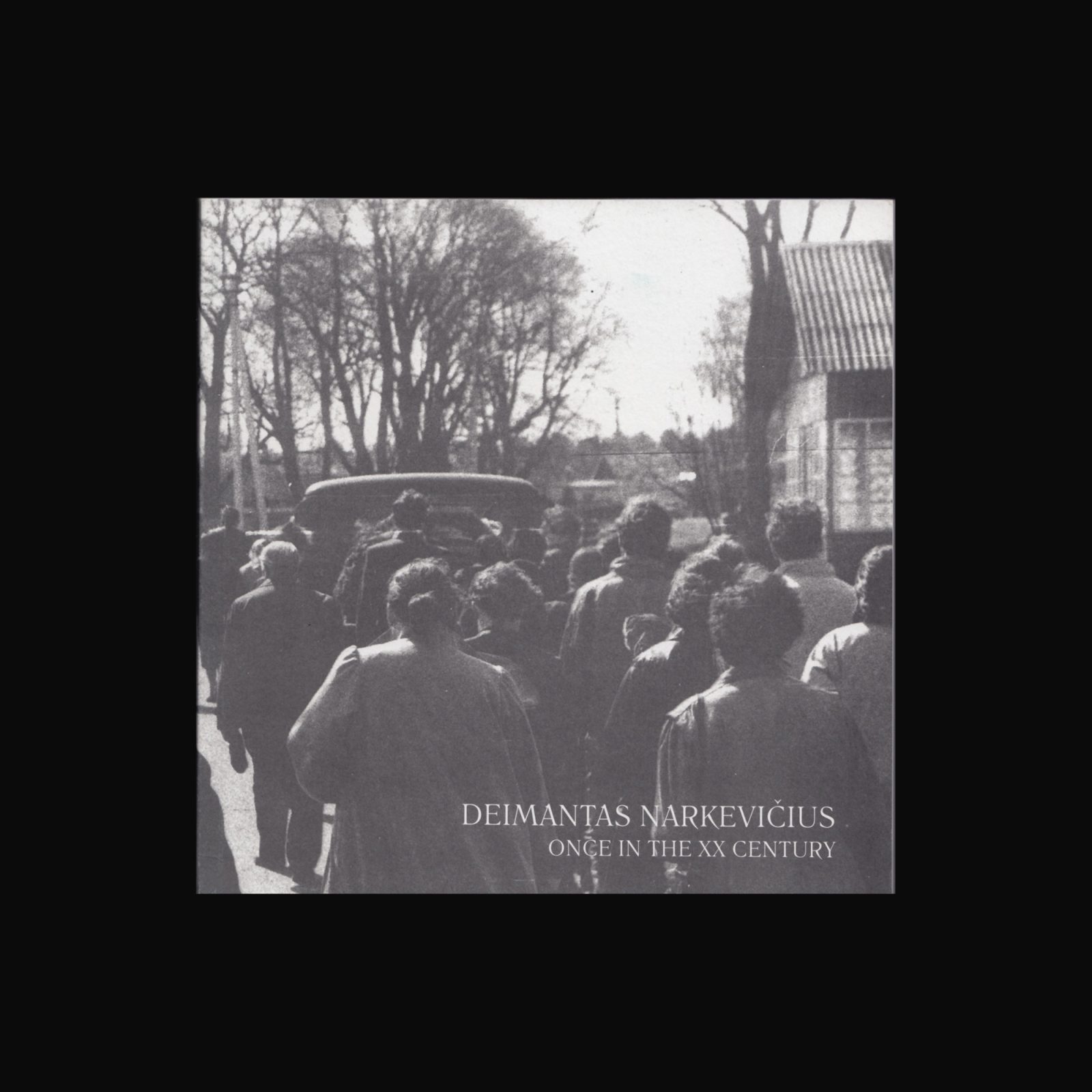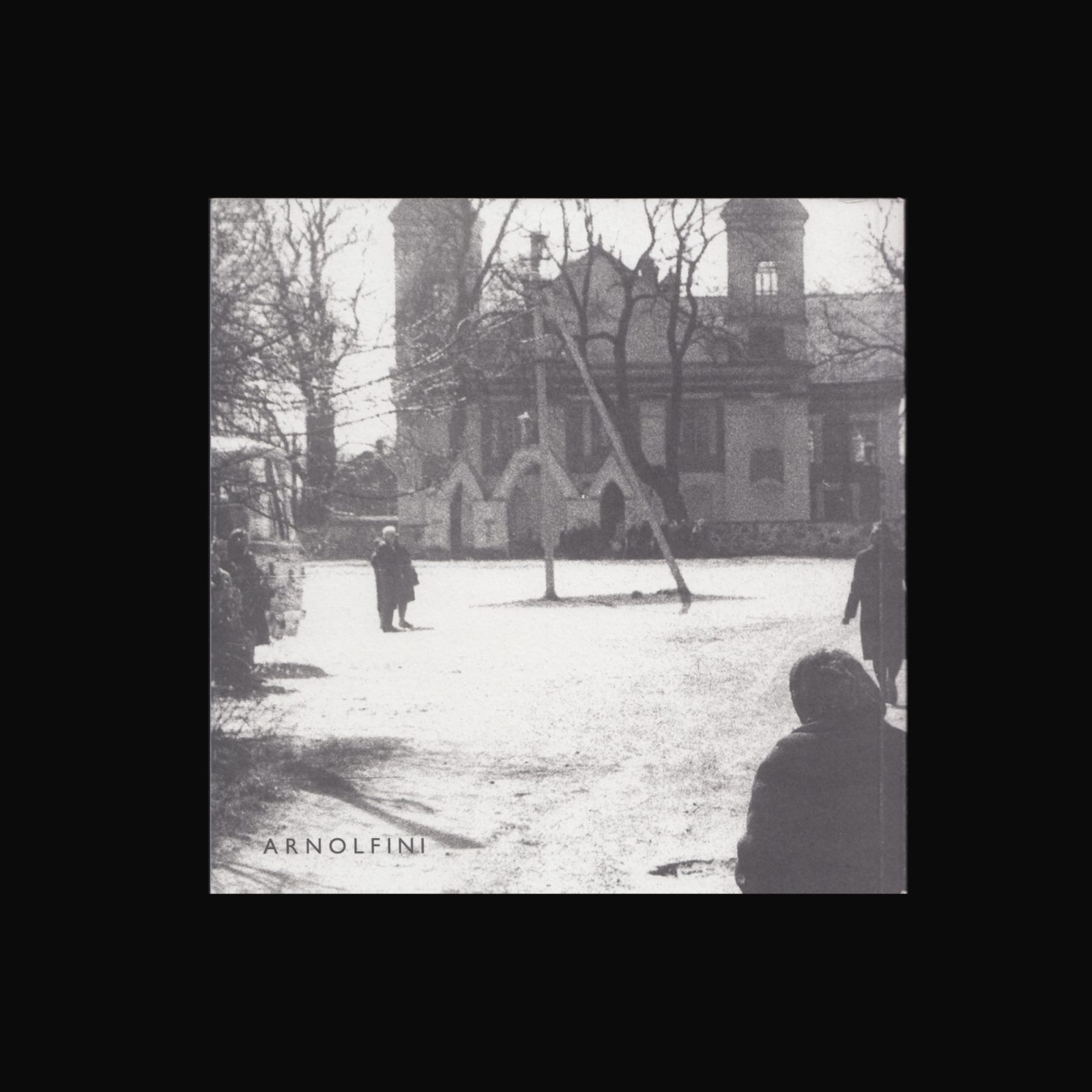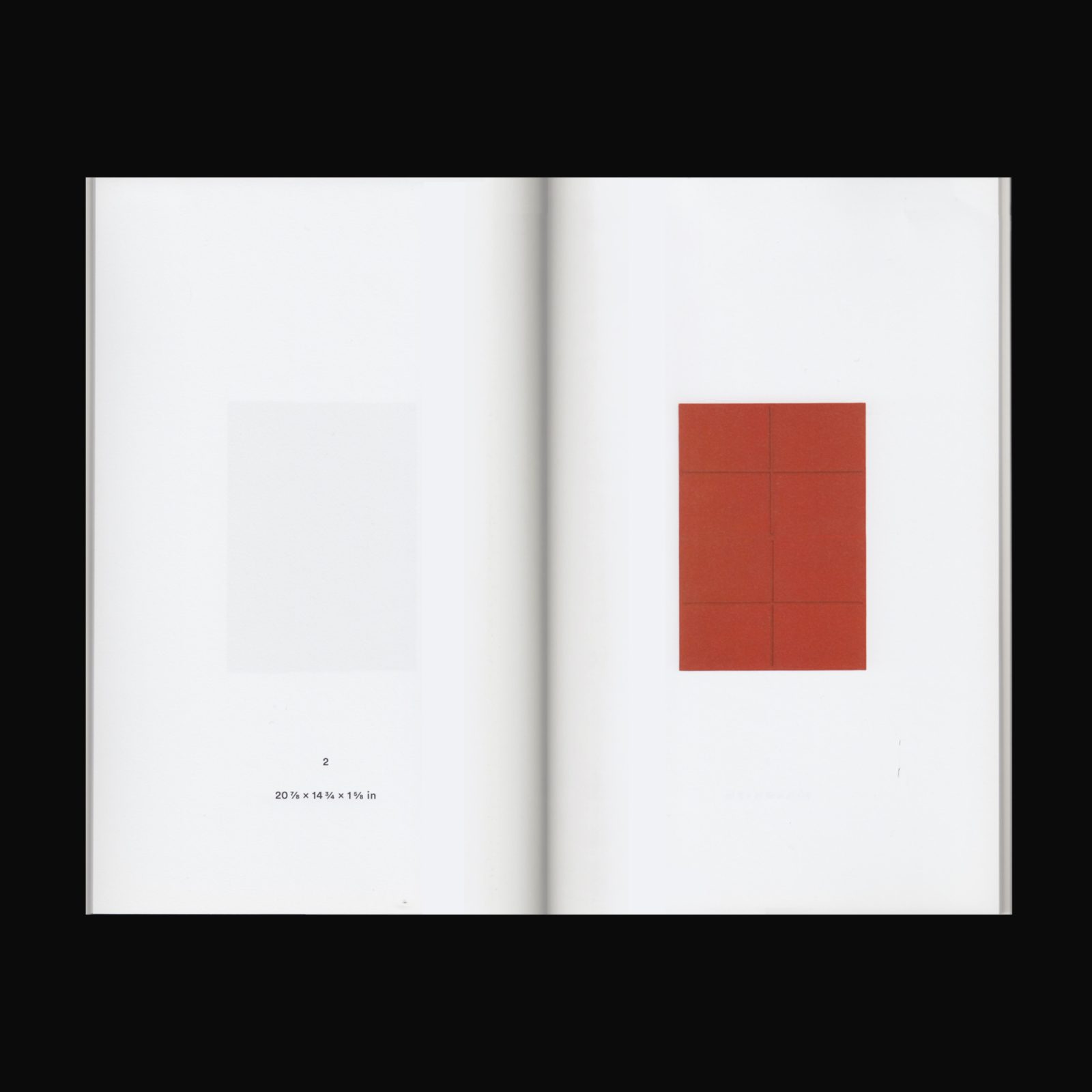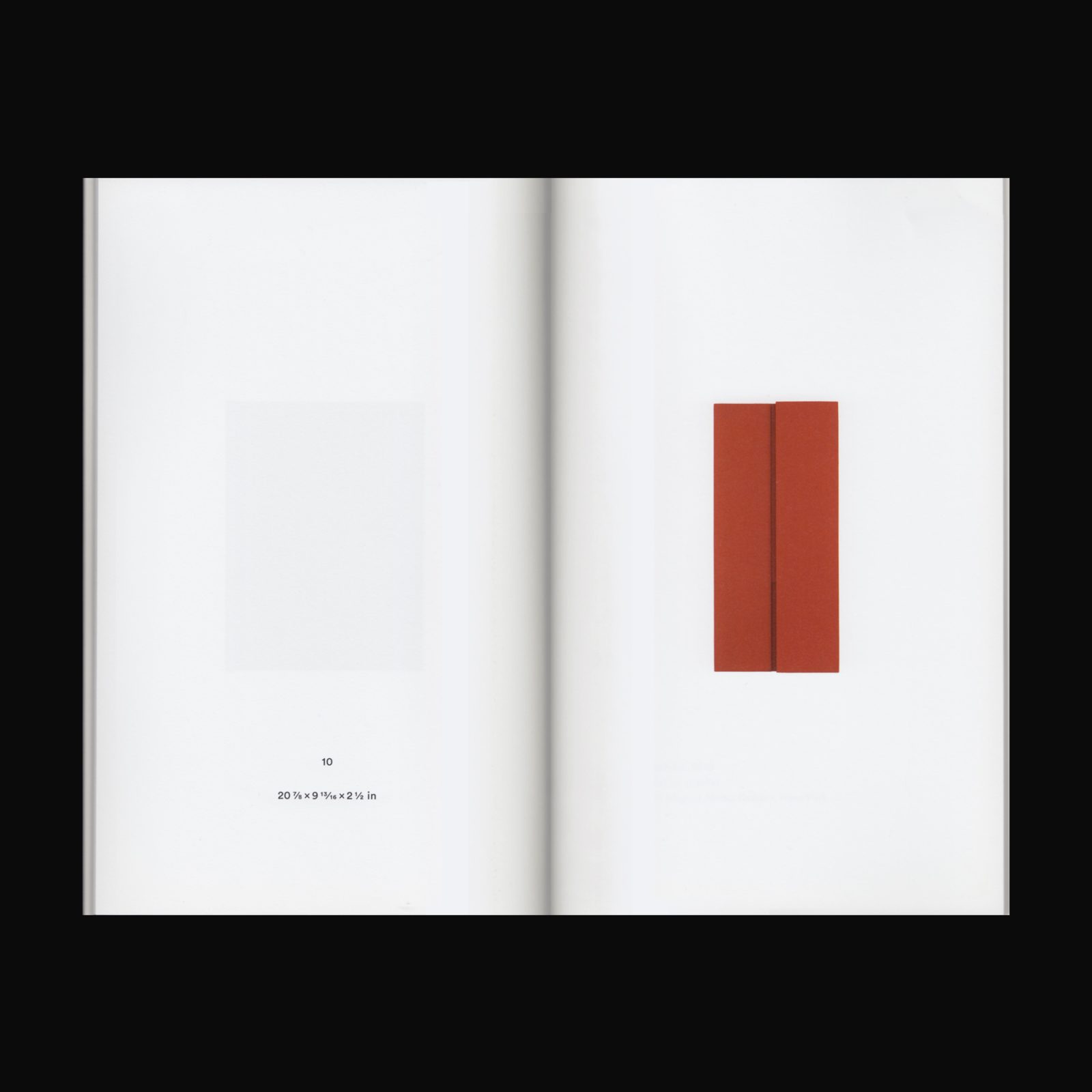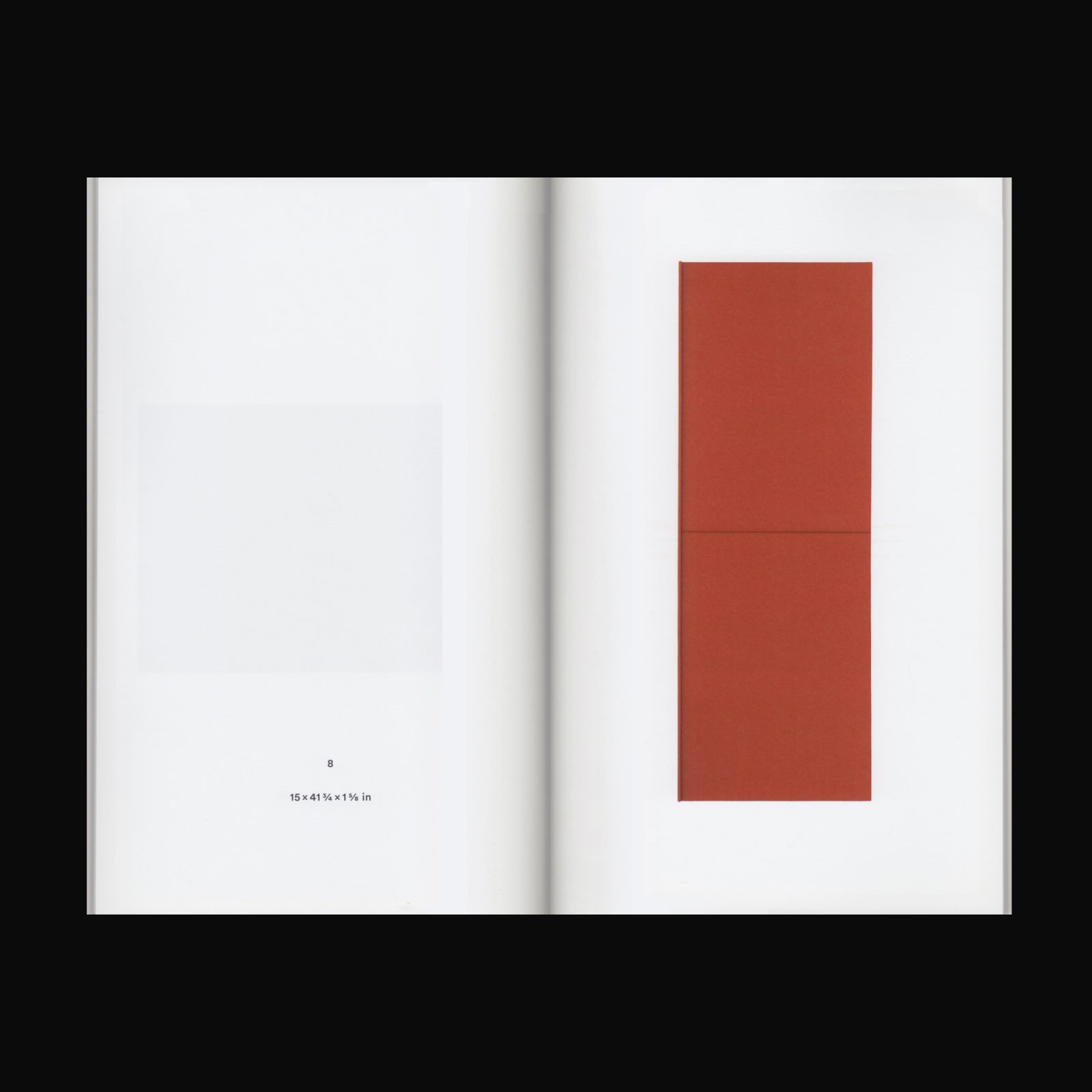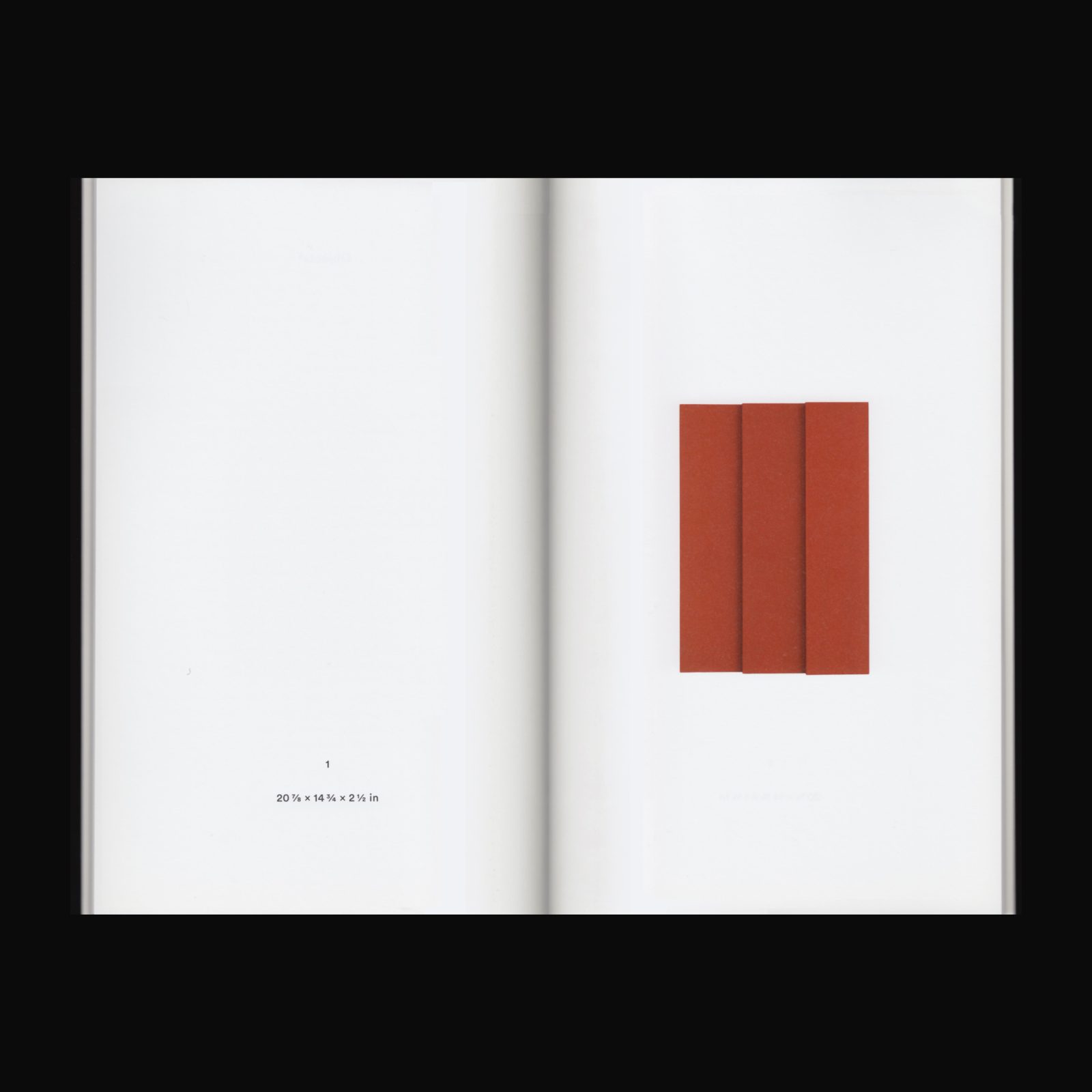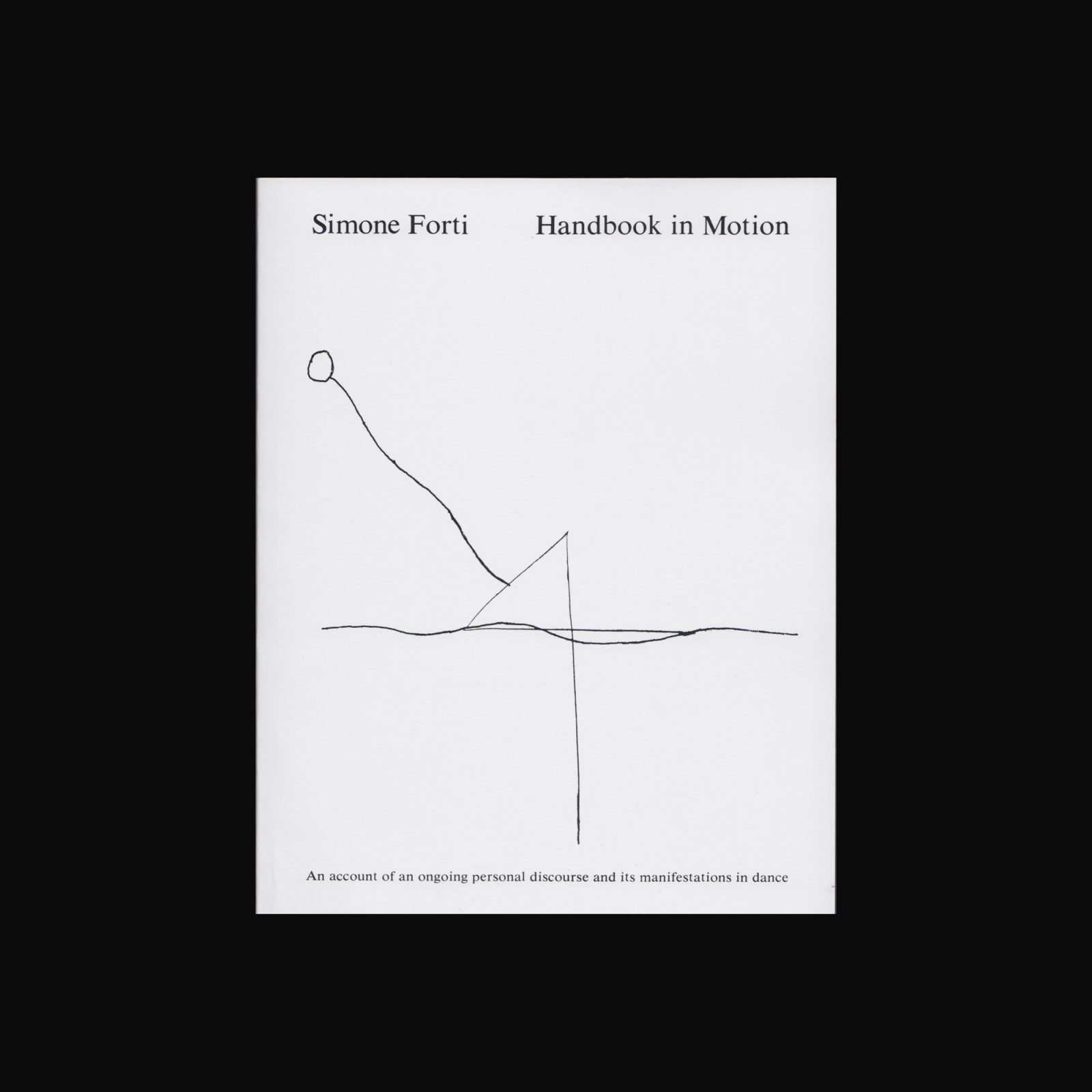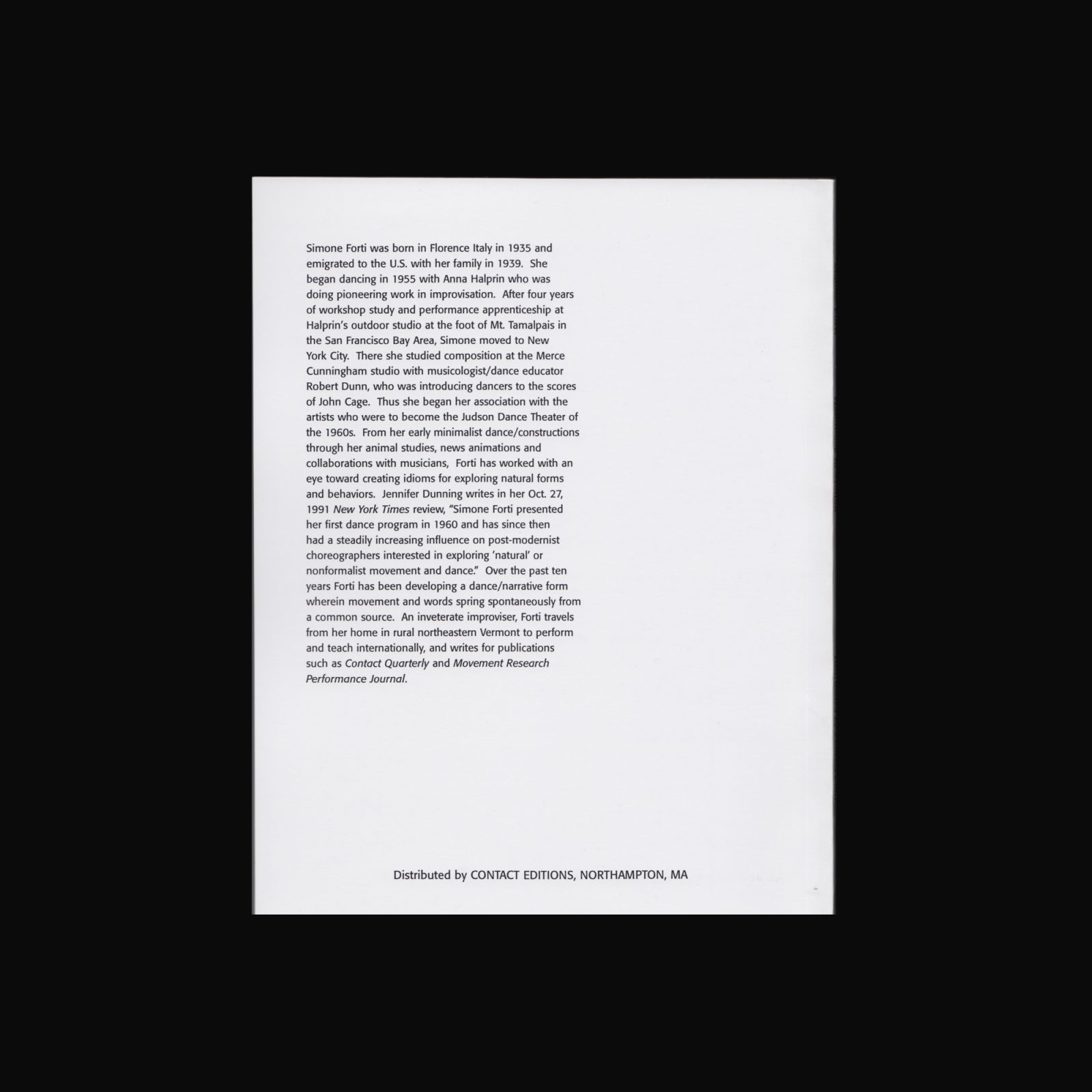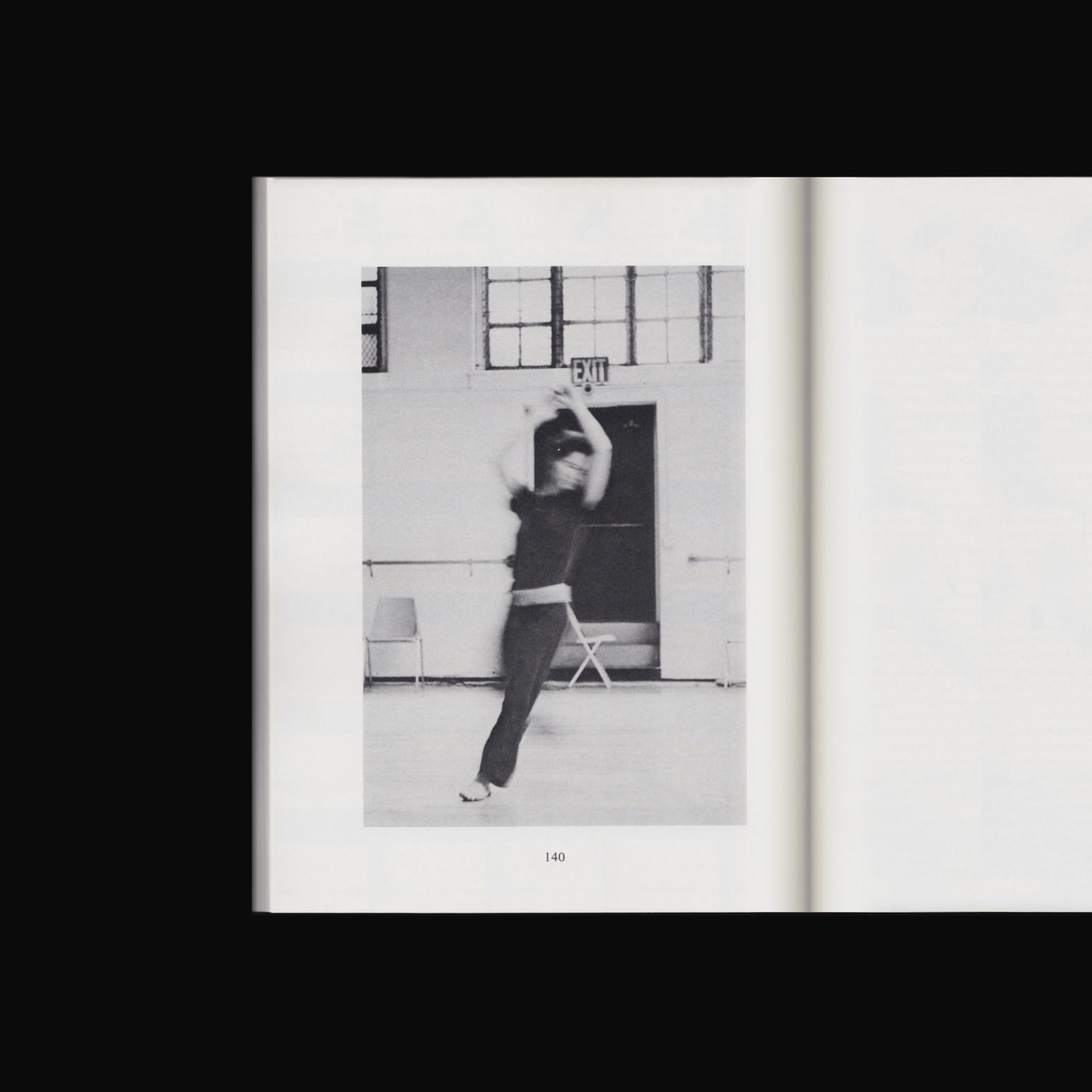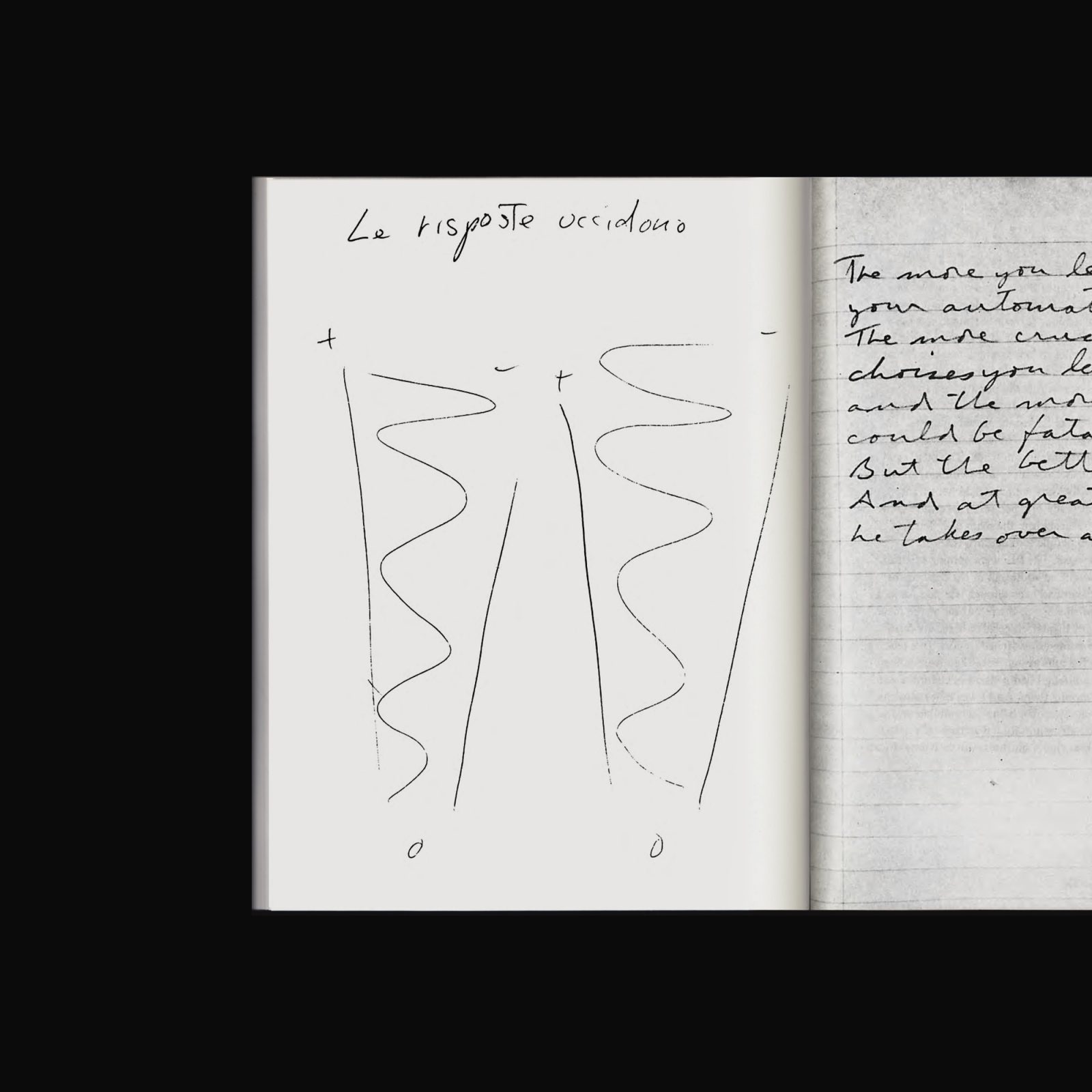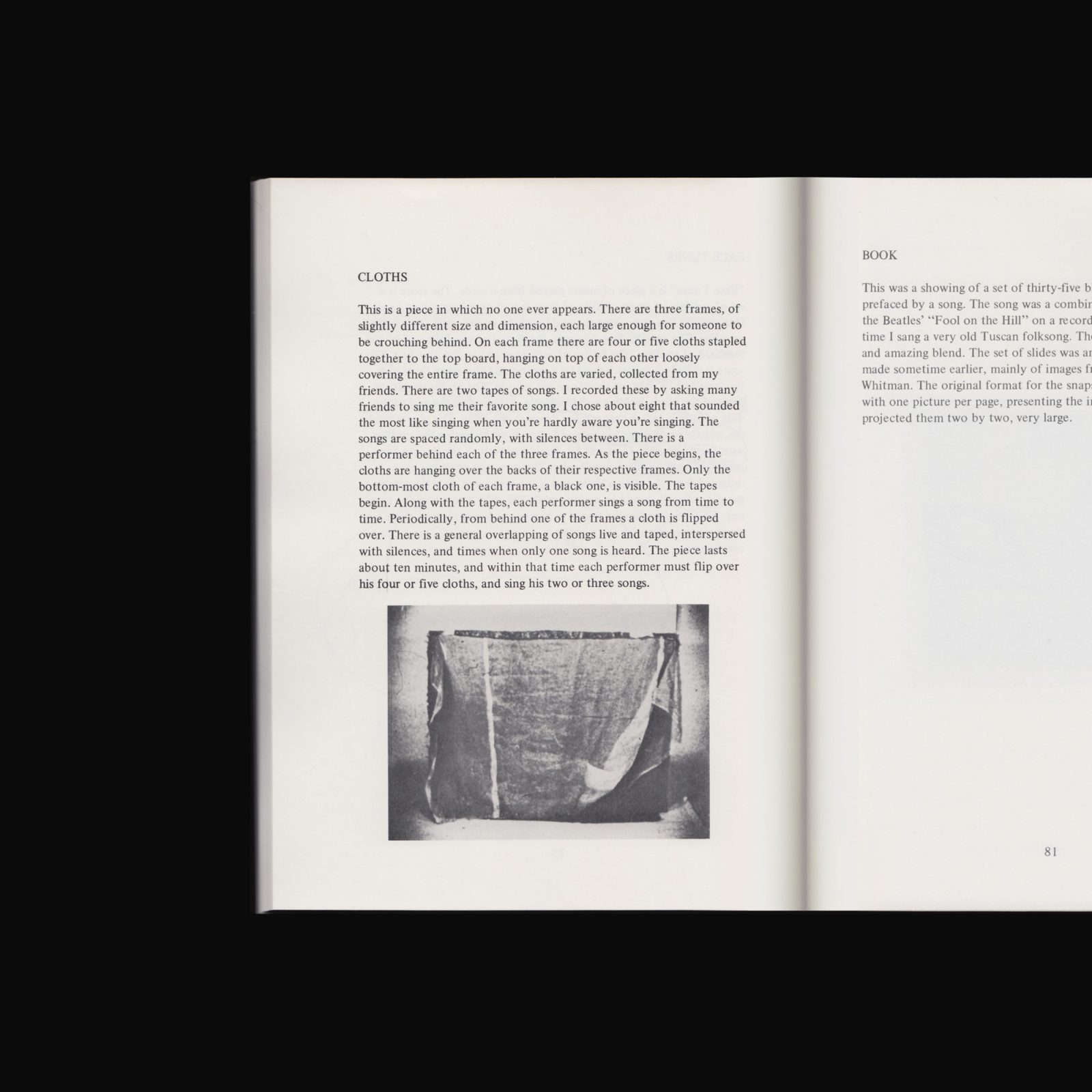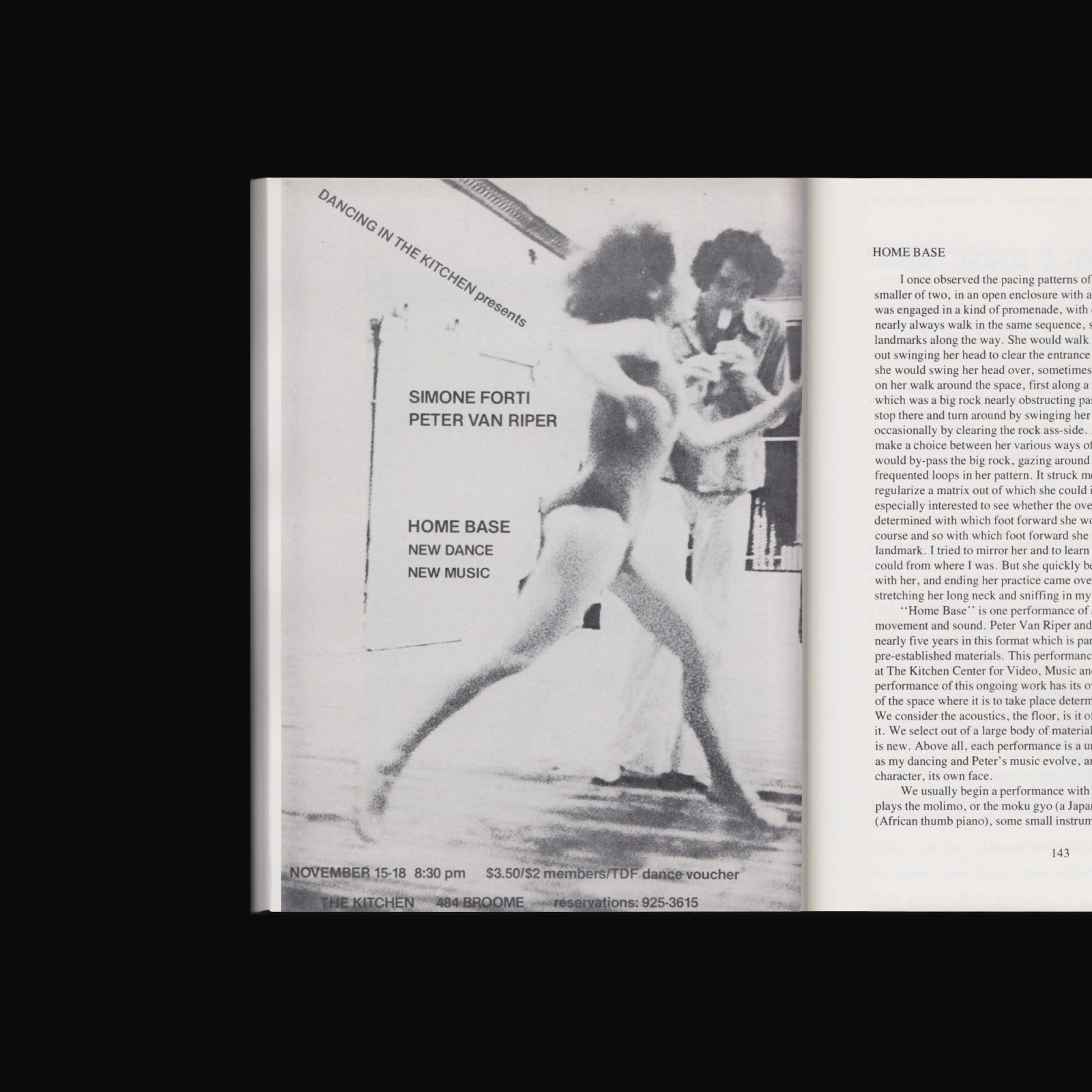“For the past six months we have collected and looked at hundreds of newspapers, from different countries, in different languages. In all these papers the same events were described over and over again from slightly shifted angles. Oil gushing out into the fragile eco system of the Gulf of Mexico, daily fatalities in a war without solution in Afghanistan, the coldest winter, the hottest summer, yet among those sharp voices we stumbled upon some beautifully bland images, silent messengers that reminded us of moments and places somewhere out there, far away from us sitting here, on the floor, surrounded by newspapers.”
Old News is a project about information, media and recycled, reprinted news. It is a non-profit newspaper presenting a selection of articles, images and words clipped from newspapers. The articles have all been chosen by individual artists for the purpose of redistributing the news. Old News is a second-generation, copyright-free newspaper.
